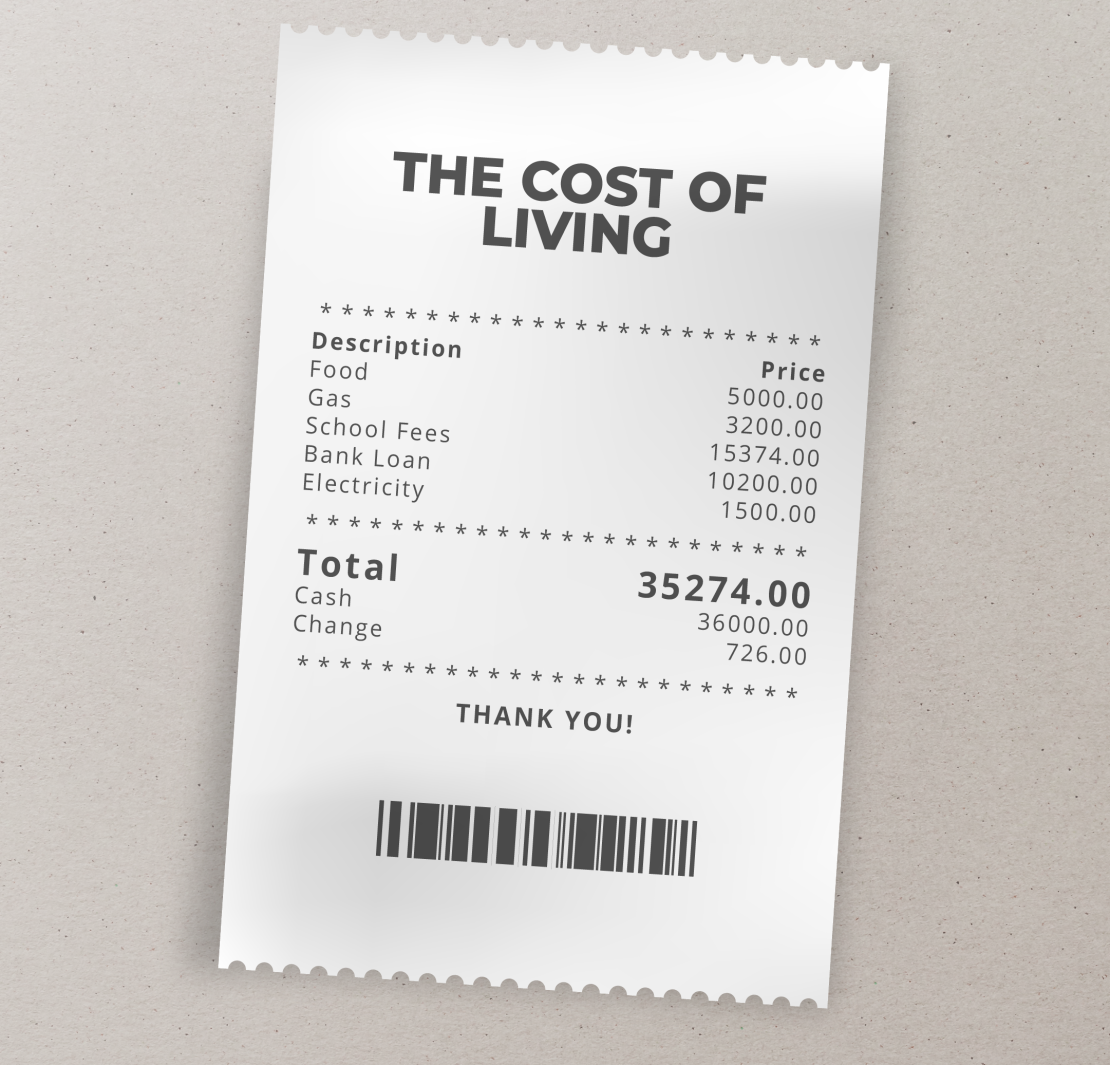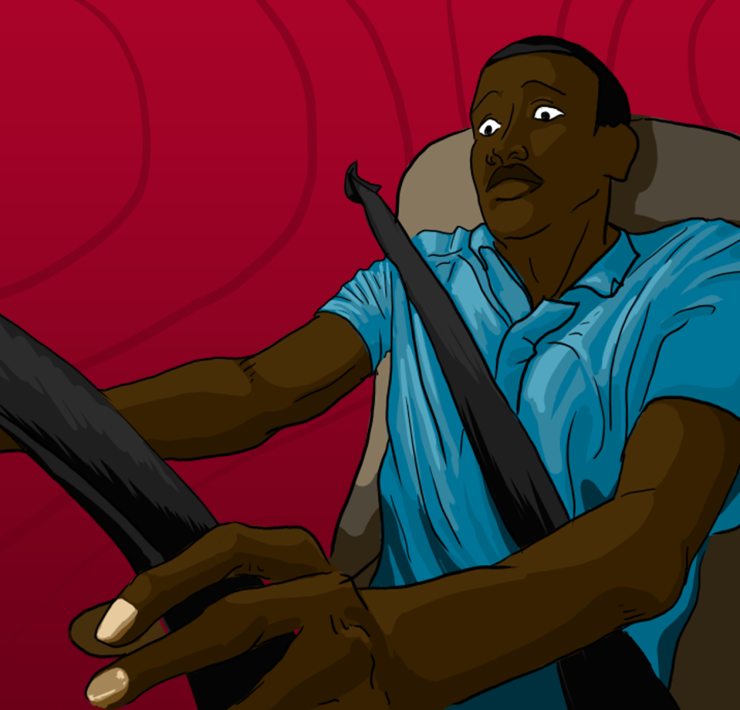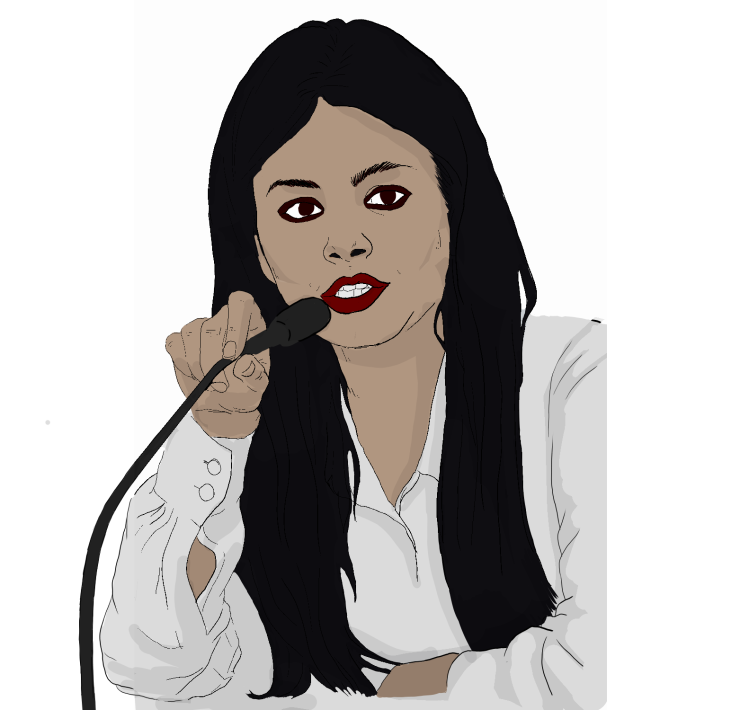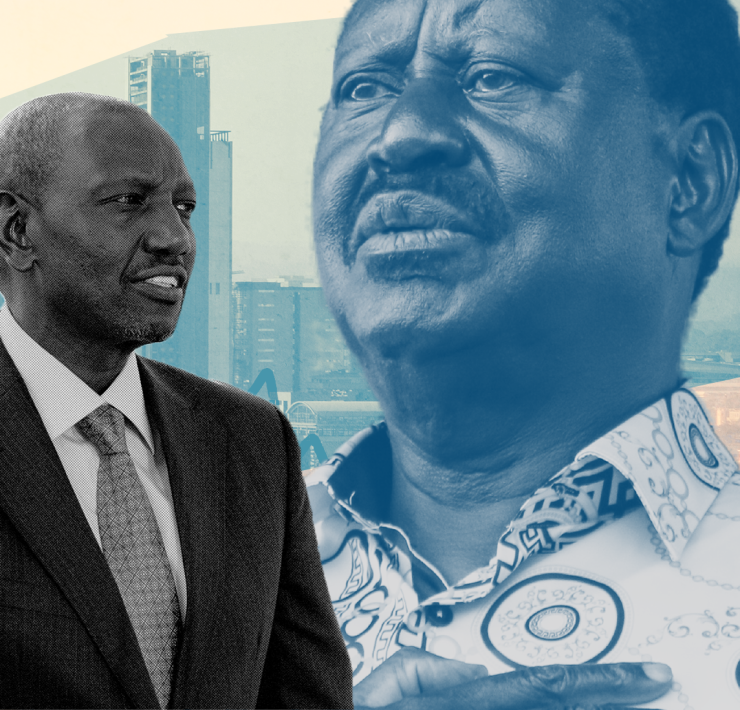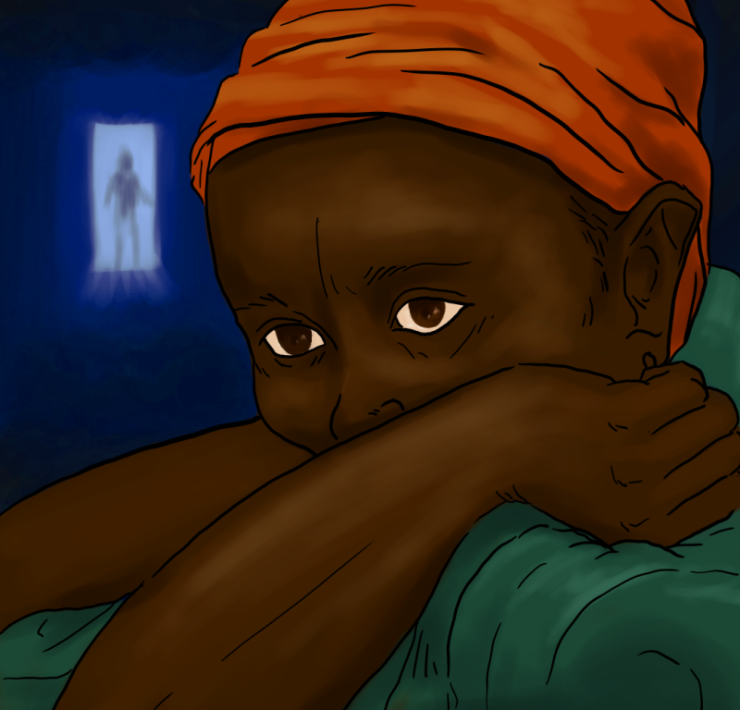I think it is quite disingenuous of opposition leader Raila Odinga and his supporters to lay the entire blame on President William Ruto for the high cost of living, considering that Kenyans have been choking under the yoke of rising inflation for at least a decade. While Ruto can take some of the blame for not doing enough to curb inflation when he was deputy president during the so-called UhuRuto presidency, he is not the sole architect of Kenyans’ current economic woes, though it must be said that corruption in government skyrocketed when he and Uhuru Kenyatta were in charge.
The fact of the matter is that the then President Uhuru Kenyatta mismanaged the economy and took on unsustainable debt. The Jubilee administration exacerbated the burden borne by taxpayers by going on a reckless borrowing spree. By the end 2021, Kenya’s debt stood at nearly 70% of GDP, up from 50% at the end of 2015. The government increased Kenya’s debt from KSh 630 billion when Mwai Kibaki took office in 2002 to a staggering KSh7.2 trillion in 2021.Kenya’s debt is expected to surpass 10 trillion Kenya shillings ($87 billion) by the end of 2024, according to the Central Bank of Kenya, according to the Central Bank of Kenya.
To service these debts, Uhuru’s government raised taxes imposed on Kenyans. When COVID-19 struck in 2020, the government reduced taxes on cooking oil and gas to 14% as part of a package of measures to help Kenyans deal with the economic shocks of the pandemic. However, it reintroduced the 16% tax on cooking oil and gas in 2021, even though the country had not yet fully recovered from the economic impact of the pandemic.
The government also introduced new taxes that raised the cost of living further. It increased excise duty on airtime and telephone services from 15% to 20%. This impacted the more than 20 million internet users and nearly 60 million sim card subscribers who rely on mobile phones to communicate or to make and receive payments. Airtime is among the largest single expenditure items among Kenyans, so this tax increase has significantly impacted livelihoods.
The prices of basic commodities, such as unga, sugar, cooking gas and petrol, have increased by more than 46% since 2013 when Uhuru and Ruto took office, according to the Kenya National Bureau of Statistics (KNBS). Things were then exacerbated by a range of factors, including the war in Ukraine, whose effects are being felt globally, resulting in inflation caused by supply chain disruptions and the rising cost of crude oil in the international market is impacting most parts of the world. KNBS data shows that poverty levels rose by 14% between 2014 and 2018 (KNBS defines poverty as not just lack of income, but lack of access to healthcare, education, decent housing, and other basic services).
When it became obvious to the Uhuru government – in its second term when he and his deputy were no longer talking – that it had dug itself into a deep financial hole due to its mounting debt obligations, (including Eurobonds), it turned to the International Monetary Fund (IMF) for help. The IMF was more than happy to step in. In April 2021, it approved an Extended Credit Facility and Extended Fund Facility worth $2.34 billion for Kenya.
But IMF loans and credit facilities usually come with stringent conditions, including privatisation of state assets, layoffs in the civil service, removal of subsidies for essential services, such as health and education, and other austerity measures, which, in turn, result in increasing levels of hardship and precarity, especially among middle- and low-income groups.
Just before the IMF signed a deal with the Uhuru government, more than 200,000 Kenyans signed a petition to the IMF to halt the loan to Kenya. Kenya is not the only country whose citizens have opposed an IMF loan. Protests against IMF loans have been taking place in many countries, including Argentina, where people took to the streets in 2018 when the country took a loan of $50 billion from the IMF. In 2016, Egyptian authorities were forced to lower fuel prices following demonstrations against an IMF-backed decision to eliminate fuel subsidies. Similar protests have also taken place in Jordan, Lebanon and Ecuador in recent years.
We must understand that the IMF and the rich countries that finance this international financial institution are not interested in promoting democracy or human rights; they are interested in propagating capitalist economic models. The IMF is interested in economic growth, not equity; it wants to promote free markets (often referred to as “macroeconomic stability”), not individual freedoms. I doubt if the IMF looks at Kenya’s 2010 Constitution to see if the conditionalities it is imposing on Kenya infringe the rights of Kenyans (is this why the IMF looked the other way when Ruto unconstitutionally appointed 50 very expensive Chief Administrative Secretaries, which will place an unnecessary additional strain on Kenyan taxpayers?). The IMF’s primary goal is to ensure that countries adopt neoliberal policies that benefit the private sector, including big multinational corporations (for more on this, please read Naomi Klein’s book, The Shock Doctrine.)
Unfortunately, President Ruto is not in a position to reverse these policies because the deal with the IMF has already been signed and sealed. So, under Ruto, expect a lot more direct bilateral financial agreements with other countries, including rogue states and state-supported corporations (such as the secretive one he and Uhuru entered into with the Chinese to build the SGR) with little or no public participation or approval from Parliament. Like his predecessor, Ruto is also very likely to increase taxes to service the country’s rising expenditure and debt. Already the Energy and Petroleum Regulatory Authority has approved new tariffs, which will see Kenyans’ electricity bills rise by between 15% and 20% this month.
What most Kenyans do not understand is that the IMF and other lenders, including China’s Exim Bank, are now setting economic policy for the country, not the Ministry of Finance or Treasury, not even the President. This could explain why the Cabinet approved the controversial Privatisation Bill 2023 that strips MPs of their oversight role in the sale of state-owned corporations. It could also explain why President Ruto was more concerned about disruptions caused to businesses and the “free market” during the mass protest organised by Raila and his Azimio party than about the issues raised by the protesters.
Raila Odinga must accept that the rising cost of living is partly the result of his “handshake” partner’s ill-advised and short-sighted economic policies. If President Ruto follows the same path as his predecessor, who not only ballooned the country’s debt but who also flouted court orders and the Constitution (the use of force and violence to quell Azimio-led protests suggests that Ruto is veering towards that route), then Kenyans will have a lot to protest about. And if he decides to use unconstitutional means to enforce economic policies imposed by the IMF and other entities, and if these policies lead to more hardship (including delayed payments to civil servants, as has been the case), then he should expect a lot more anger and opposition from ordinary Kenyans, including the so-called “hustlers”.
Author
-

Rasna Warah is a Kenyan writer and journalist with over two decades of experience as an editor, writer and communications specialist. She wrote a weekly op-ed column for the Daily Nation, Kenya’s leading newspaper, for many years, and has contributed to various regional and international publications, including, the UK’s Guardian, Africa is a Country, The East African, The Mail and Guardian, The Elephant, and Kwani? She has worked as an editor and writer at the United Nations Human Settlements Programme (UN-Habitat) and has published two books on Somalia: Mogadishu Then and Now (2012) and War Crimes (2016). Her first book, Triple Heritage (1998), explored the history of South Asians in East Africa. Her latest book, Lords of Impunity (2022), examines the failures and internal contradictions of the United Nations and what can be done to transform this global body. She holds a Master’s degree in Communication for Development from Malmö University in Sweden and a Bachelor of Science Degree in Psychology and Women’s Studies from Suffolk University in Boston, USA. She is based in Nairobi, Kenya.
Rasna Warah is a Kenyan writer and journalist with over two decades of experience as an editor, writer and communications specialist. She wrote a weekly op-ed column for the Daily Nation, Kenya’s leading newspaper, for many years, and has contributed to various regional and international publications, including, the UK’s Guardian, Africa is a Country, The East African, The Mail and Guardian, The Elephant, and Kwani? She has worked as an editor and writer at the United Nations Human Settlements Programme (UN-Habitat) and has published two books on Somalia: Mogadishu Then and Now (2012) and War Crimes (2016). Her first book, Triple Heritage (1998), explored the history of South Asians in East Africa. Her latest book, Lords of Impunity (2022), examines the failures and internal contradictions of the United Nations and what can be done to transform this global body. She holds a Master’s degree in Communication for Development from Malmö University in Sweden and a Bachelor of Science Degree in Psychology and Women’s Studies from Suffolk University in Boston, USA. She is based in Nairobi, Kenya.

